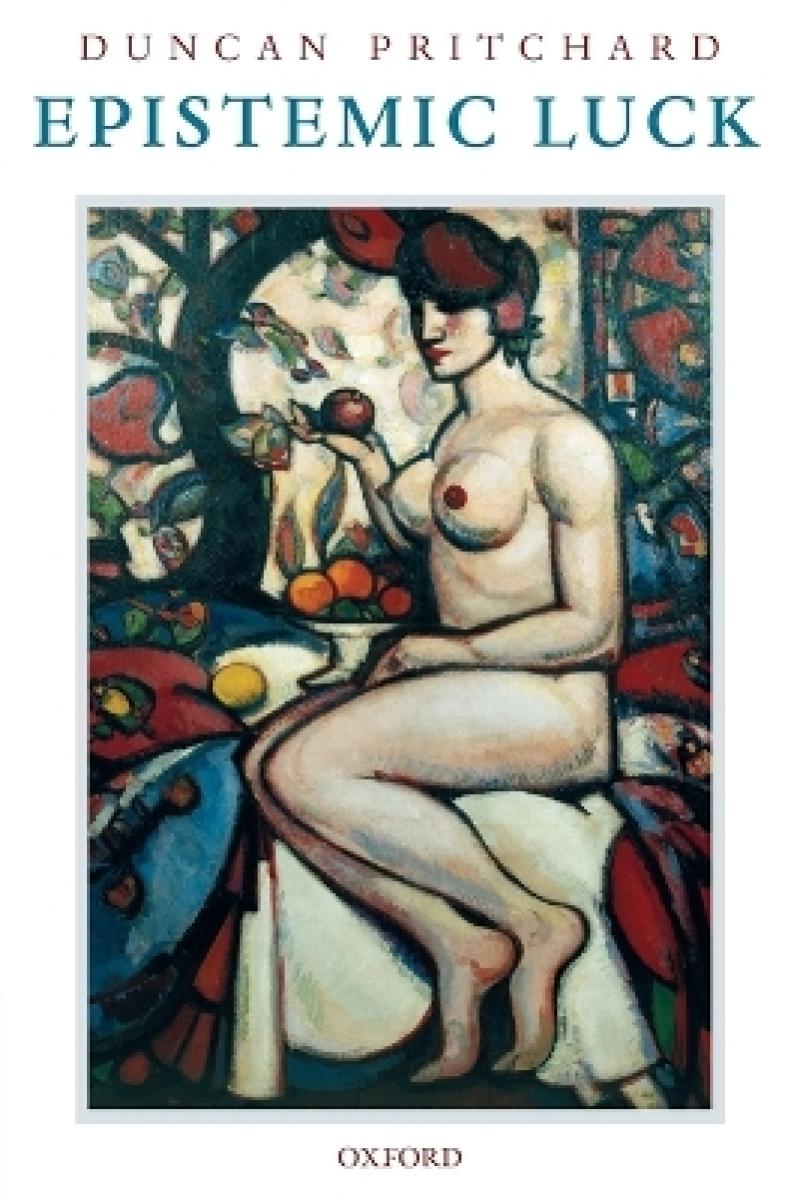This book is a tour de force.
Kevin Meeker, Mind
Epistemic Luck is a rich, engaging and ground-breaking work. It is a fine example of the kind of original and exciting work being done at the frontier of epistemology today.
Jason Baehr, Metaphilosophy
A piece of stellar epistemology.
Jon Kvanvig, Philosophy and Phenomenological Research
Epistemologists commonly say that knowledge excludes luck. But few of us pause to explain what this common saying amounts to, or what truth it contains. Pritchard has paused to do just that, and the result is this fascinating and enjoyable book. In attempting to explain the sense in which knowledge excludes luck, Pritchard both offers a clear and comprehensive survey of much contemporary literature in the theory of knowledge, and also advances the dialectic considerably. If you work in the theory of knowledge, you cannot afford to ignore this book.
Ram Neta, University of North Carolina at Chapel Hill
In this beautifully written book, Duncan Pritchard provides a distinctive defence of a neo-Moorean safety response to scepticism. At the heart of the book is a sensitive and subtle discussion of the intuition that knowledge excludes luck. He distinguishes two central kinds of luck which are epistemically relevant and uses them to provide an insightful critique of contemporary virtue epistemology ... Pritchard's admirably clear prose will provide students with an overview of debates at the heart of contemporary epistemology while also making a substantial contribution to those debates. Epistemic Luck will surely be widely read and influential.
Jessica Brown, University of St. Andrews
